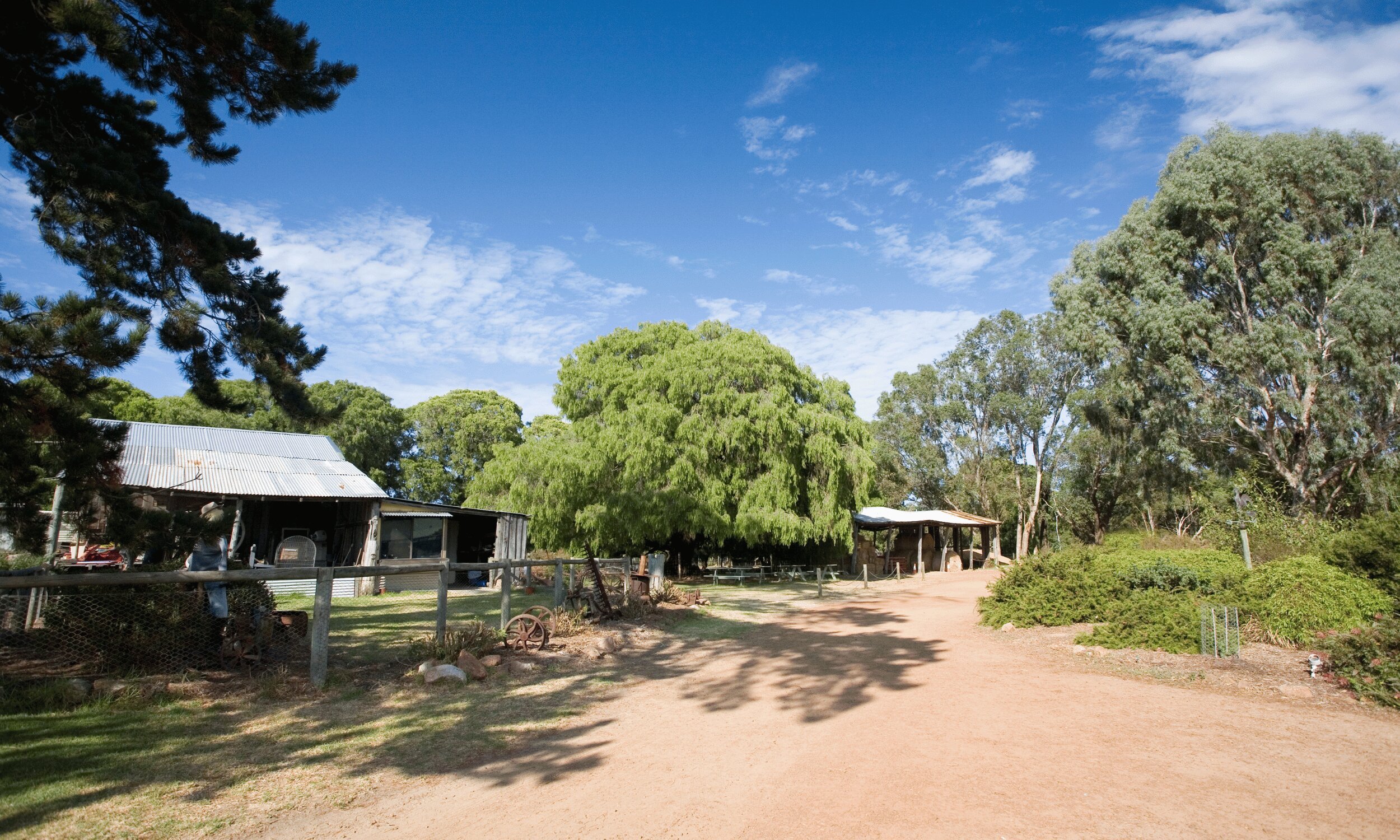Essential Considerations When Buying Rural Property in Queensland
Embarking on the journey of buying rural property in Queensland is an exciting endeavour that requires thorough consideration of various elements beyond the land itself. Queensland, with its scenic landscapes and relaxed lifestyle, offers plenty of opportunities for those seeking a rural retreat.
However, buying rural land comes with its own set of unique challenges and potential pitfalls. Water entitlements, livestock inclusions, GST exemptions, and third-party agreements all play central roles in this complex process. In this blog post, we will explore the key considerations when buying rural property in Queensland, highlighting the risks and the importance of consulting property lawyers in the Sunshine Coast area to navigate property laws effectively.
Location, Location, Location
When buying rural property, location is of utmost importance. Consider factors such as proximity to amenities, transport links, and access to essential services like schools and healthcare facilities. Research the area thoroughly to understand its climate, natural hazards, land zoning regulations, and future development plans.
Other Considerations When Buying Rural Property
Rural properties can present unique challenges that buyers need to be aware of. By thoroughly evaluating these factors when buying rural land, you can gain a clear understanding of any potential limitations or obligations that may impact your plans for the property.
Some common pitfalls include:
1. Infrastructure and Services
Ensure that essential services such as water, electricity, and internet connectivity are available or can be easily accessed. Upgrading infrastructure in rural areas can be costly and time-consuming.
2. Agricultural Considerations
If you plan to engage in farming or keeping livestock, familiarise yourself with local regulations, soil quality, water availability, and any restrictions or permits required for specific activities.
3. Environmental Factors
Assess the property for potential environmental risks such as flood-prone areas, bushfire zones, or protected wildlife habitats. These factors can impact your plans for development or insurance requirements.
4. Risks of Buying Unregistered Land
The risks of buying unregistered land can be significant. Unregistered land may lack clear legal titles and boundaries, exposing buyers to potential disputes and legal complications. Always insist on obtaining a registered title and engage property lawyers to conduct thorough title searches, ensuring a clear and transferable ownership.
5. Water Entitlements
Water entitlements can often be overlooked but hold significant importance when buying rural land. This involves delving into the type and quantity of entitlements, as well as any licenses, permits, or ongoing obligations related to their use.
6. Inclusion of Livestock and Muster Agreements
Is livestock included? If livestock is present on the property, it is essential to establish the specifics of their inclusion. Are they being sold at a fixed price or based on a per-head arrangement? In the latter case, it will be necessary to include a muster agreement within the sales contract, outlining responsibilities and ensuring a seamless transition.
7. GST Exemption for Farmland
The farmland exemption can provide relief from Goods and Services Tax (GST) on the purchase of rural properties. Buyers should determine whether the property is eligible for this exemption and understand the specific requirements for claiming it. Engaging property lawyers who are well-versed in GST laws and regulations will help navigate this aspect and ensure compliance during the transaction.
8. Third-Party Agreements and Obligations
These agreements can encompass diverse aspects, such as cattle agistment, bore water supply to third parties, and even contracts with resource companies for gas well construction or leases for solar/wind farms. Carefully reviewing these agreements, and paying close attention to transferability and termination clauses, will enable you to grasp the full scope of ongoing obligations or potential limitations that may impact your use of the property.
Seek Personalised Support When Buying Rural Property
As you can see, buying rural land in Queensland entails considering various elements that extend beyond the land itself. To navigate these complexities successfully, it is essential to engage the support of property lawyers in the Sunshine Coast who are well-versed in rural property transactions.
At Bradley & Bray, we offer personalised expertise in property law and a comprehensive range of services tailored to your unique needs. By engaging us as your property lawyers in the Sunshine Coast you can be confident in receiving dedicated guidance throughout the process, ensuring compliance with regulations and minimising potential risks. Give our friendly team a call today on (07) 5441-1400.
Disclaimer: This article is general in nature and does not constitute legal advice. If you require legal advice in relation to your personal circumstances, you must formally engage our firm, or another firm to provide legal advice in relation to your matter. Bradley & Bray lawyers takes no responsibility for any use of the information provided in this article.






